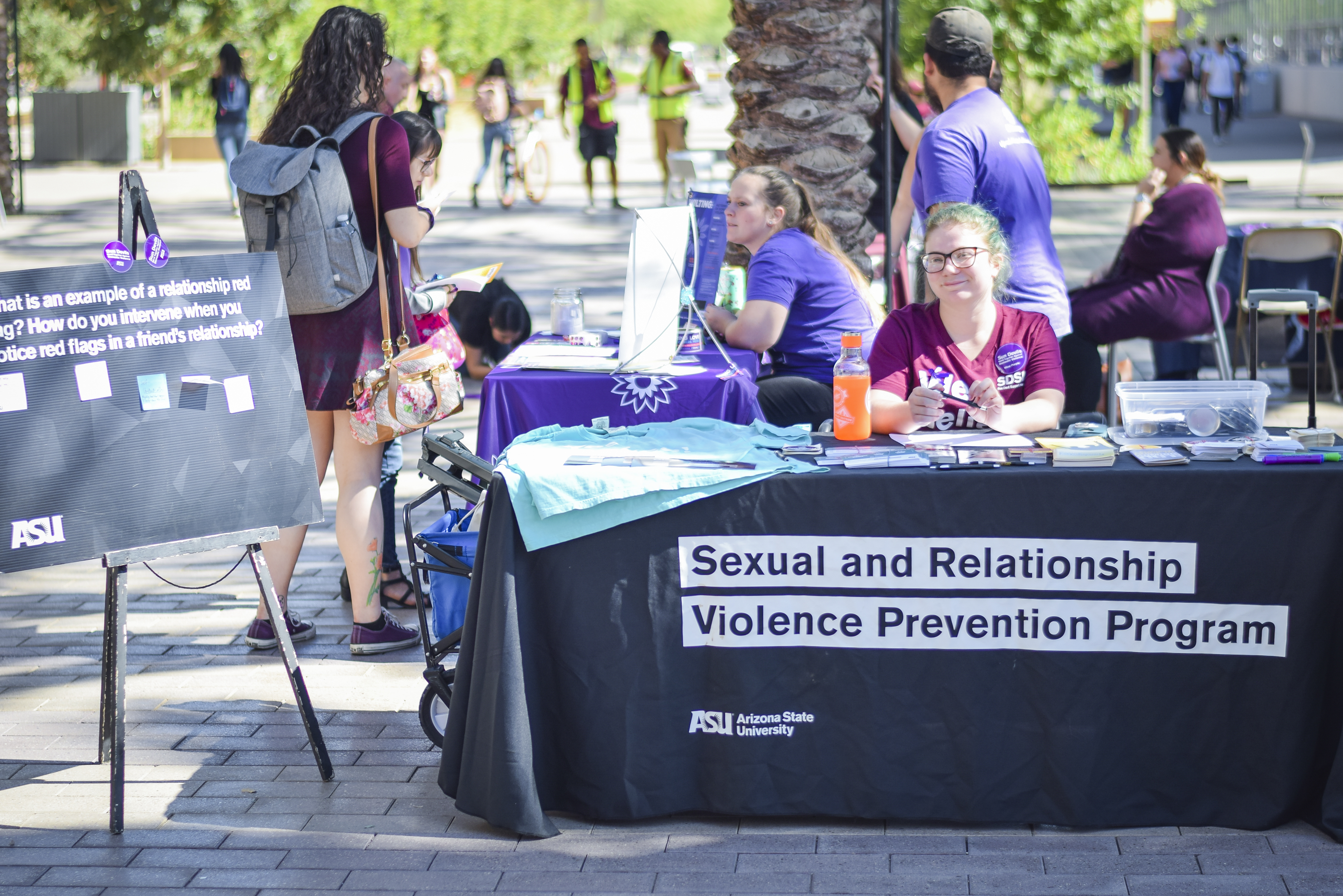How to be a good confidante and ally to sexual assault survivors
It might be cliché to start this off by saying I’ve always been an old soul, but with the year we’ve had, there isn’t much I wouldn’t do for a little predictability. In high school, I was more often than not the friend you went to for advice after you had already spoken to the people who will tell you what you want to hear. Pretty soon, this started to extend beyond friends.
I vividly remember checking out at a grocery store as the woman behind me struck up a conversation about several of her own medical conditions. Unprovoked!
From that moment forward, I jokingly referred to this recurring personal phenomenon as a character flaw. After starting college, I was tempted to reimagine how to view this aspect of myself. But during my freshman year, four friends at separate points of the year broke down and disclosed assaults or childhood traumas that they were quietly battling. I’ve also experienced this with people I haven’t even met.

Wear Purple Day at ASU in October 2019
I was hanging out with a friend of mine, and I answered her phone for pure giggles. She did not want to talk to the person on the other end and made me cover for her. I ended up in a 45-minute conversation that resulted in several months of hours long Facetimes about this person’s life. To this day, I have no intention of meeting them in person, but we’re still cool.
Sophomore year the pattern continued; two more people in my life confided in me, and I started to feel helpless. Here my friends were trusting me with intimate details of their lives and their pain, and there was absolutely nothing I could do to help. Even though I tried my best to comfort and listen, I didn’t have any resources to give them proper healing.
Finally, in my senior year of college, I found the plethora of resources available in the Sun Devil Support Network. I signed up for a Sun Devil Support Network training. After five hours of training over the span of two weeks, I was confident in my abilities to spot an unhealthy relationship and how to properly aid someone who chooses to disclose trauma.
In a university as massive and as public as ASU, finding a group of genuine and nonjudgmental friends committed to supporting one another is daunting. And for those of you who, like me, are mainly seeking advice from family members, being an out-of-state student (or even a student whose family is hours away within the state) your support network is going to be the folks who see and hear from you most. These are people who can clock an unhealthy relationship (romantic and platonic), who you seek tangible help and advice from, who you involve in your healing processes, who you support in their time of need.
So it may be comforting for you to know that the Sun Devil Support Network connects you to your peers: students. The people we go to class with, live with and eat with might be the very same people we seek comfort from in the event of a tragedy. Reporting an assault or seeking resources and help is a difficult and layered process, and your peers can offer an ear and direct you to support.
For the people who participate in their trainings, the SDSN can help students help students. The Sun Devil Support Network training opened my eyes to red flags that can lead to stalking, unhealthy relationships and a person’s disregard for the concept of consent. It sounds dumb, but I was surprised to learn that friendships can sometimes be just as toxic as romantic relationships. Less surprising but still just as disheartening, I was able to fully understand how hard proof of stalking is to obtain in the eyes of the law. No matter how hopeless some of the statistics seem, the SDSN training doesn’t leave students with that feeling.
In “The Crucible,” Giles Corey is pressed to death with stones for not allowing himself to be put on trial for witchcraft. More and more every day it seems assault survivors feel immense pressure and aren’t sure where to turn for help. Whether it be an assault on your privacy like stalking, on your body or on your emotional health, you don’t have to feel alone.
Unfortunately, it took three and a half years of college for me to obtain this information. I needed these skills as much as I needed study skills from day one. You can learn and sign up for a Sun Devil Support Network training, and feel free to reach out to me to ask or share anything pertaining to this subject. If it’s already a character trait of mine, why not lean into it?
To learn more about sexual violence prevention, awareness and response, visit sexualviolenceprevention.asu.edu. To participate in SDSN Community Circles and SDSN training, go to the Sun Devil Support Network website. Be a part of the conversation: Follow the ASU Sexual and Relationship Violence Prevention on Instagram, Facebook and Twitter.